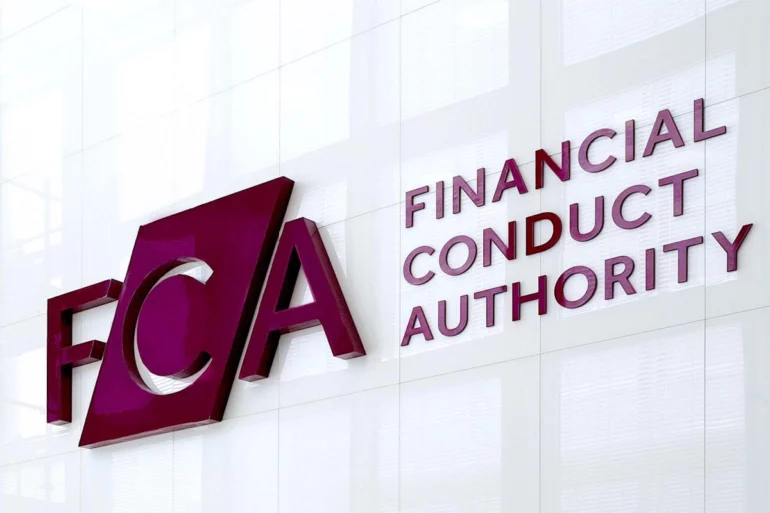The Financial Conduct Authority (FCA) has launched a five-year strategy aimed at deepening trust in financial services, fostering growth, and improving the lives of consumers.
The strategy, unveiled today (25th March 2025), outlined four key priorities for the regulator: becoming a smarter regulator, supporting sustained economic growth, assisting consumers in navigating their financial decisions, and intensifying efforts to combat financial crime.
Under its strategy, the FCA plans to refine its approach to regulation by adopting more efficient processes and leveraging technology.
This will include streamlining supervisory priorities and simplifying authorisation processes to improve the speed and quality of applications.
Additionally, the regulator will invest in its technology, people, and systems to enhance its capacity to handle approximately 100,000 cases annually and act more swiftly where potential harm is greatest.
By reforming its supervisory approach, digitising processes, and improving data use, the FCA aims to be more efficient and proportionate.
This includes reducing regulatory burdens, enhancing digital platforms like ‘My FCA’, and increasing staff capacity in regional offices.
The FCA plans to enhance the UK’s global competitiveness by encouraging innovation, easing access to capital, and reforming rules.
Initiatives include the Digital Securities Sandbox, Open Finance, and reforms to listing and disclosure regimes.
The FCA will work to improve access to financial services and ensure better outcomes for consumers.
It plans to review rules affecting mortgage affordability, develop a new regulatory regime for targeted financial support, and make the Consumer Duty a central expectation for firms.
Continuing from previous efforts, the FCA will enhance its capabilities to disrupt scams, fraud, and market abuse.
It will also support regulated firms with advanced tools to strengthen their anti-crime systems.
The strategy recognises major shifts affecting the industry, including AI and fintech, market volatility and geopolitical instability, increasing financial vulnerability, and changing demographics such as an ageing population.
A key theme of the plan is moving away from overly cautious regulation to one that embraces informed risk-taking.
The FCA aims to avoid stifling innovation while still protecting consumers and market integrity.
It acknowledged the trade-offs in setting regulatory thresholds and will strive to ensure balanced oversight.
By 2030, the FCA aims to demonstrate: increased exports and competitiveness of UK financial services; improved consumer access to key financial products; reduced fraud losses and cleaner markets; and higher satisfaction among regulated firms and the public.
Ashley Alder, chair of the FCA, said: “We want to deepen trust in financial services and shift our collective attitude across financial services to risk.
“Too often the focus has been on the risks of a decision taken rather than the lost opportunity of taking none. We want to change that so we can spur growth and improve lives.”
Nikhil Rathi, chief executive of the FCA, said: “Our last strategy set high standards and bolstered our operational effectiveness.
“We are committed to going much further, delivering at pace to meet the scale of change we are facing over the next 5 years.”
Rathi added that the new strategy aims to make the regulator more efficient and effective while reinforcing its four key priorities.
The strategy also focuses on integrating the Payment Systems Regulator and launching Open Finance to build on the success of Open Banking.
This initiative is expected to enhance data-sharing capabilities, leading to product innovation, lower costs, and more choices for consumers.
The strategy aims to build on its previous three-year plan, which included significant reforms to the listing regime, the introduction of the Consumer Duty to improve consumer protection, and faster authorisation of firms that meet the standards.
Moving forward, the FCA will continue working with industry stakeholders to simplify rules and reduce regulatory burdens on businesses.



